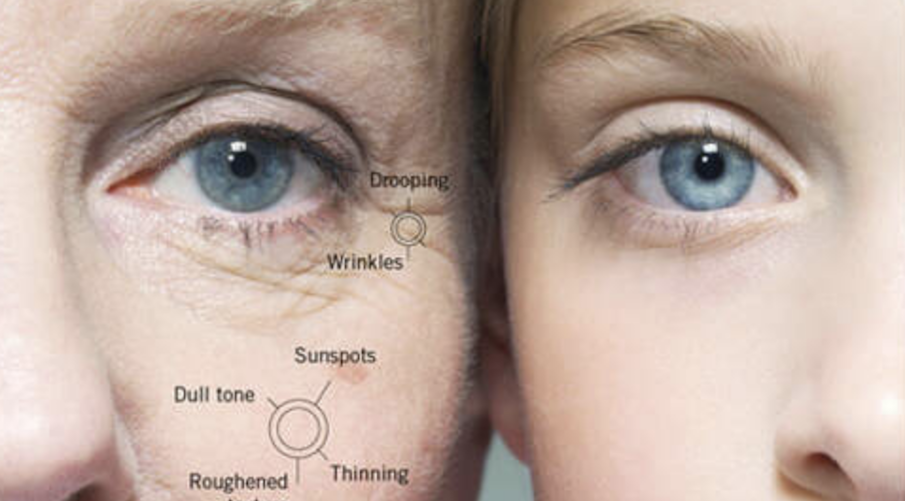

They may not be able to communicate when they are awake because their senses are failing. Someone who is close to death will spend most of the time asleep. What happens in the 24 hours before death? Some become unconscious a few days before they die. Some people have hallucinations and talk to ‘people’ who aren’t there. With the loss of oxygen to their brain, they might become vague and sleepy.
#Will you die if you dont sleep skin#
They can become paler or greyer or their skin can become mottled. Often, people’s skin colour changes in the days before death as the blood circulation declines. Some people have a burst of energy in the 24 hours before they die, sitting up and talking normally for a short period. Fluid can start to gather in their lungs, and the breathing can begin to sound quite ‘rattly’. They may breathe more slowly for a while, then more quickly, and so their breathing becomes quite unpredictable overall. In the days before their death, a person’s control over their breathing starts to fail. The body now finds it hard to regenerate skin cells, as well as other organs, in the way it used to. Someone who is dying may also lose weight and their skin might become thinner. They may want to eat less or eat different foods since their stomach and digestive system are slowing down. They may want to talk less, although some may want to talk more. They may want to sleep more often, or for longer periods. The hormones (produced by the brain) are also affected, which influences the way in which other organs function. When the brain receives less oxygen than it should, the way the person who is dying thinks and reacts to situations is also affected. This means the brain and the other organs receive less oxygen than they need, and do not function as well. The heart beats a little more slowly, or with a little less force, and so blood is moved around the body more slowly. In most people who are dying, the body’s normal systems start to operate more slowly. What happens varies between people, but this article describes how people’s bodies generally change as they die. If someone is receiving good care, it can be quite a peaceful time - a time during which the body lets go of life.

“For children, we advise parents to wake up the child a couple times during the night to make sure they are able to be aroused.”ĭr. “Usually after a concussion, a person may be dazed or may vomit,” explains Dr. If the person who is injured is awake and holding a conversation, you can let him or her fall asleep as long as they are not developing any other symptoms such as dilated pupils or issues with walking. Alice Alexander, a primary care doctor in our Internal Medicine Clinic, we now know that there is no need to make a patient with a concussion stay awake. Through research and the expertise of UAMS doctors such as Dr. It has long been thought that a person with a concussion should not sleep because they might slip into a coma or lose consciousness.


 0 kommentar(er)
0 kommentar(er)
